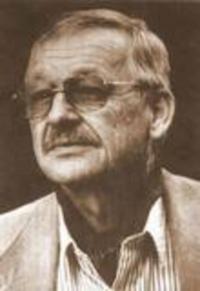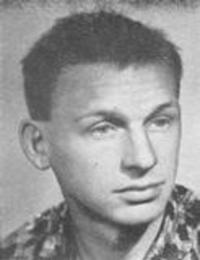It was rather tough in prison till January 1968, but afterwards I could do pretty much whatever I wanted to

Stáhnout obrázek
Jan Beneš was born on March 26, 1936, in Prague, the son of an architect and a former Czechoslovak legionary. During the war, his father was involved in the resistance against the Nazis. Jan Beneš witnessed the end of the war and the Communists‘ rise to power in Prague. He studied at a grammar school and then at the Academy of Arts, Architecture and Design in Prague and after the Communist takeover in February 1948, the family was kicked out of their flat and his father lost his job at the Ministry of Defense. During his compulsory service in the military, he was imprisoned for the first time for arming himself without permission. He published for the first time in 1963. In the years 1966-1968, he found himself behind bars for the second time for collaborating with Tigrid‘s Testimony. In 1969, he emigrated to France and then to the USA. In the early days, he made a living as a manual worker and studied English. In the years 1973-1974, he was employed as a scientific assistant at the Institute of International Relations of Harvard University. Since 1974, he worked at the military language school in Monterey. He returned to Czechoslovakia in 1989 (in 1992 permanently) and took an irreconcilable stance towards the totalitarian regime and its legacy. He committed suicide on June 1, 2007.

